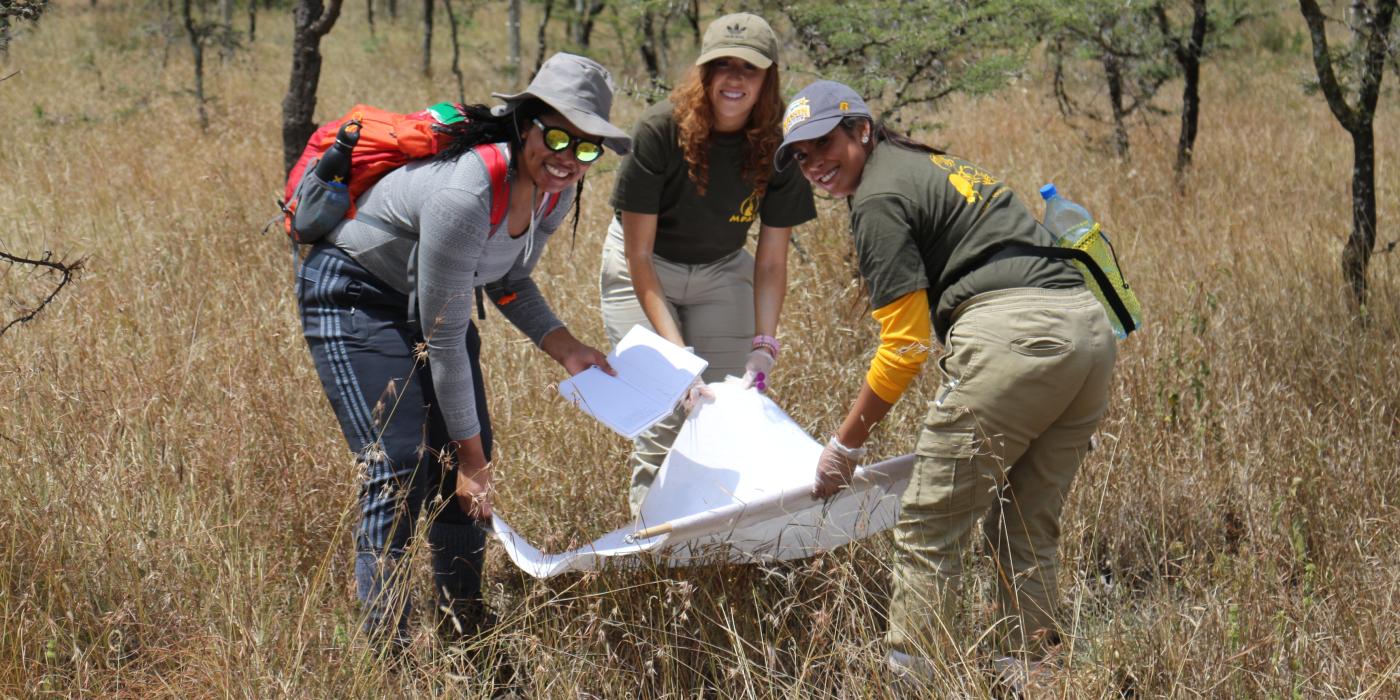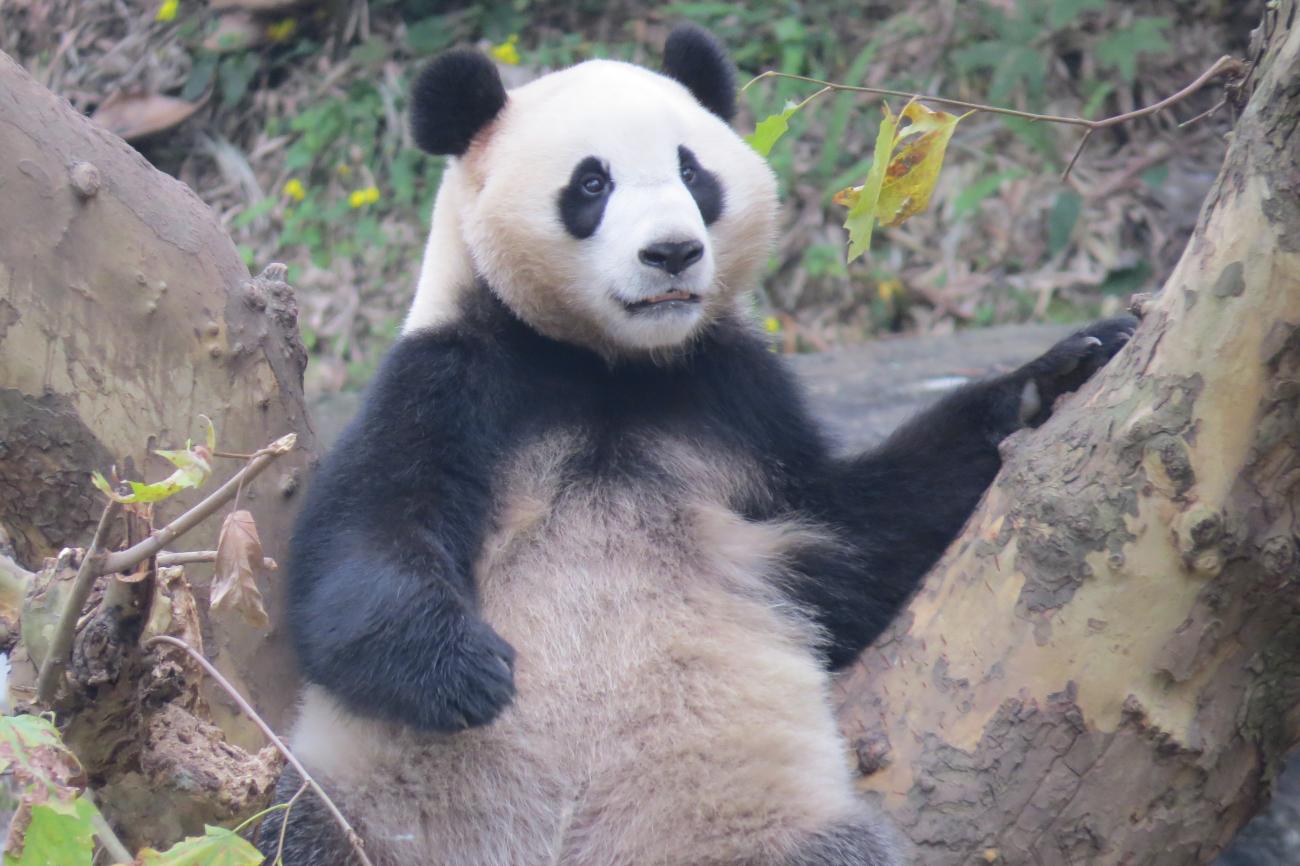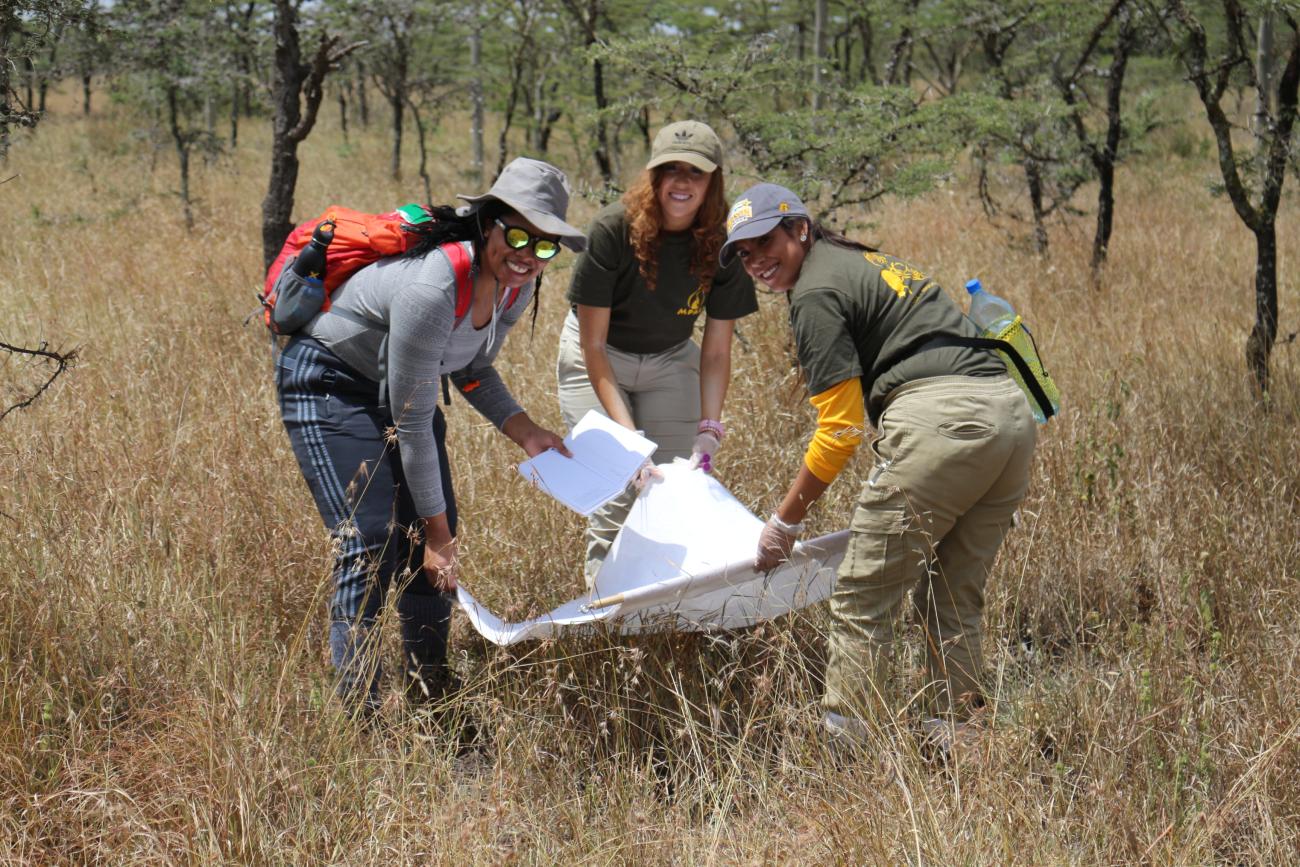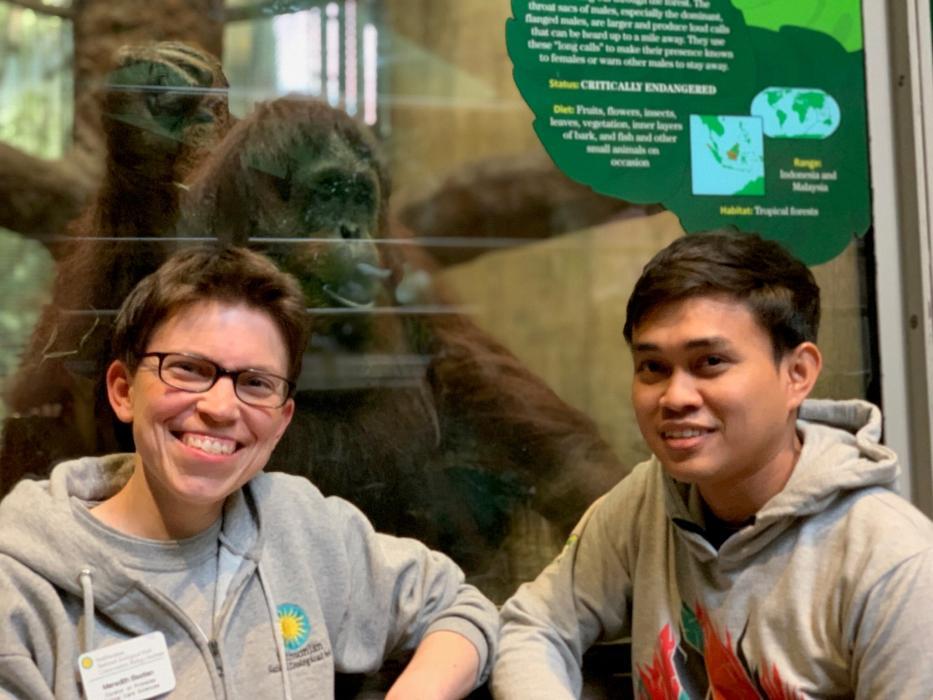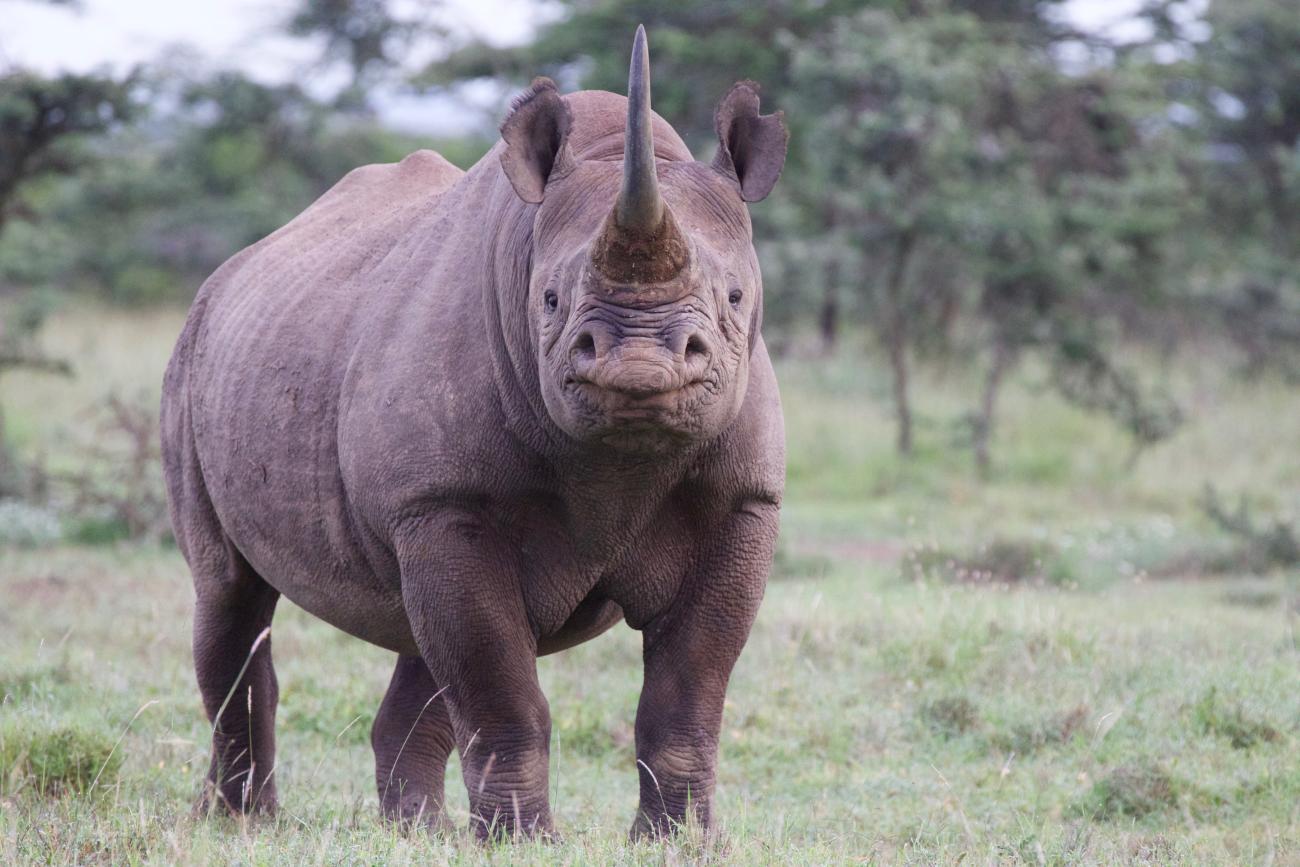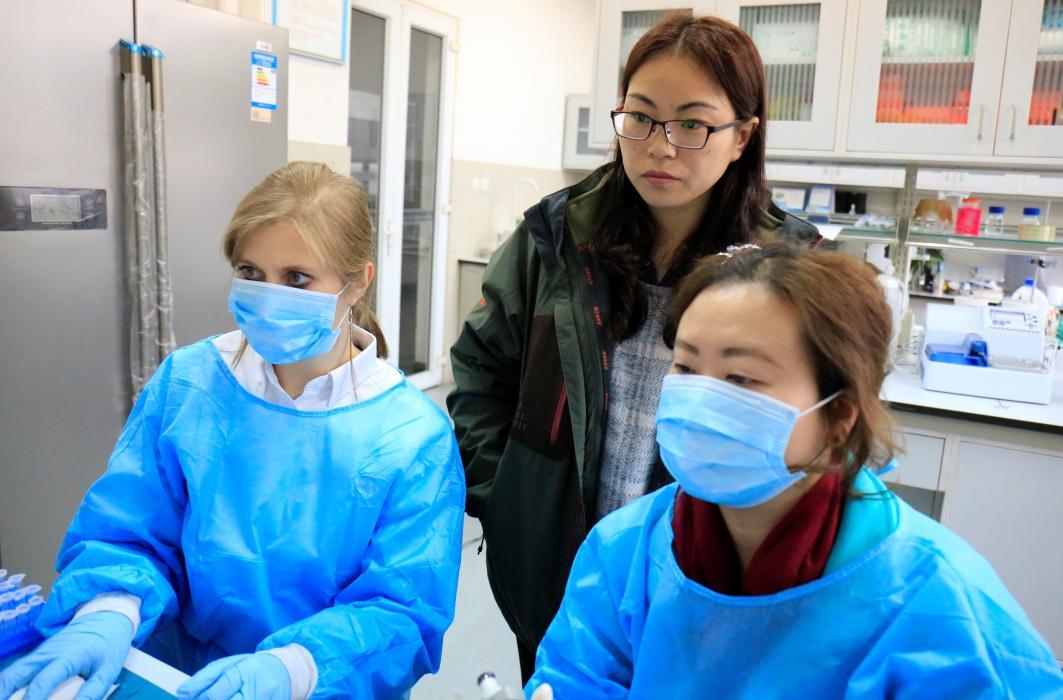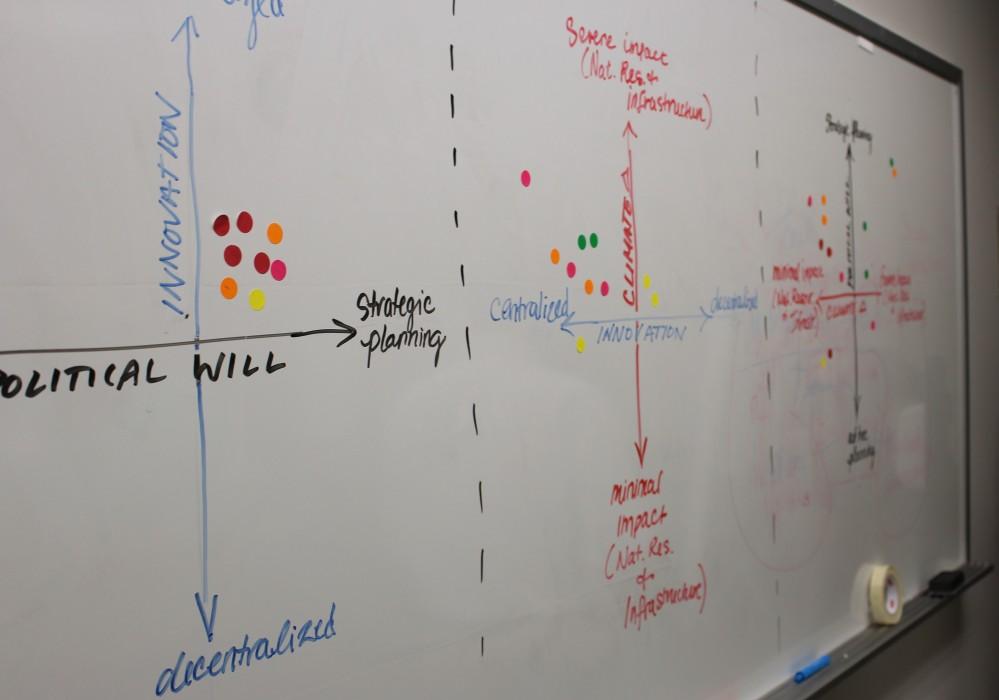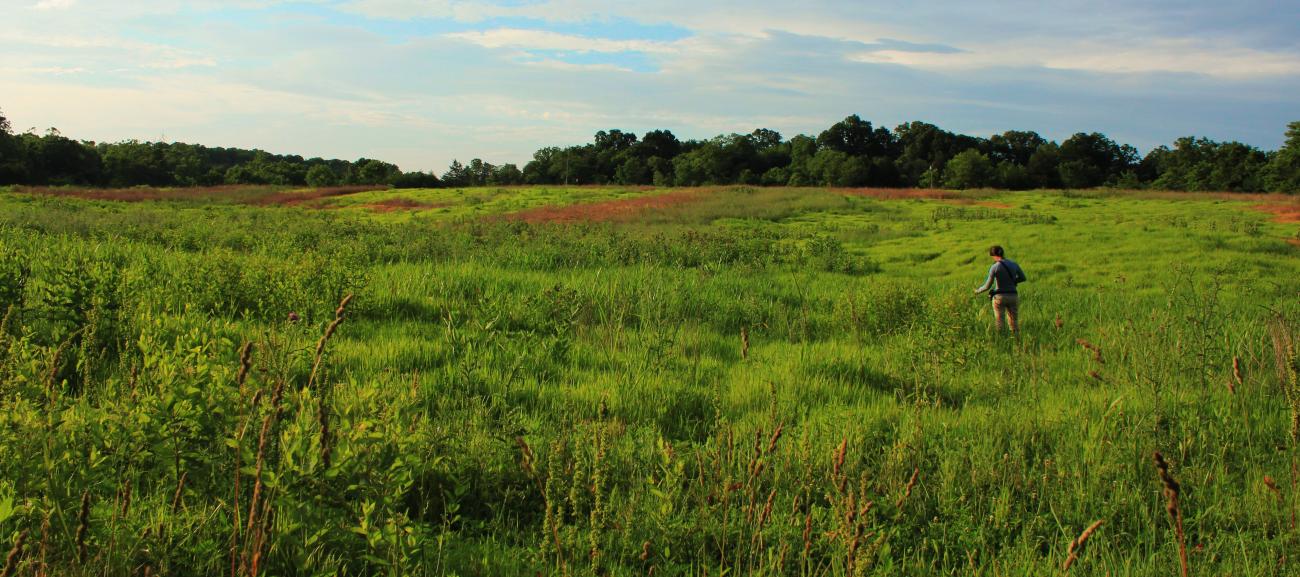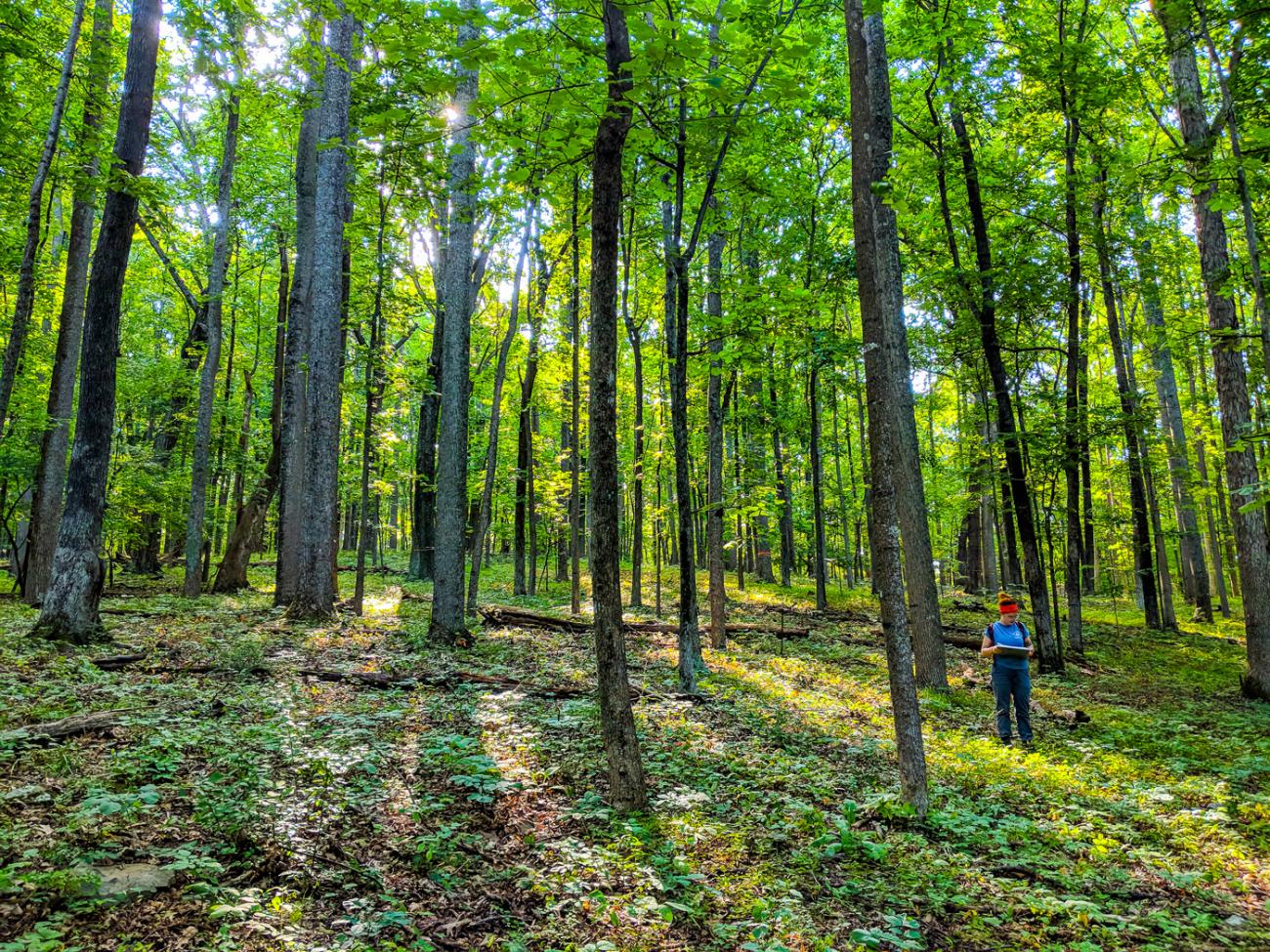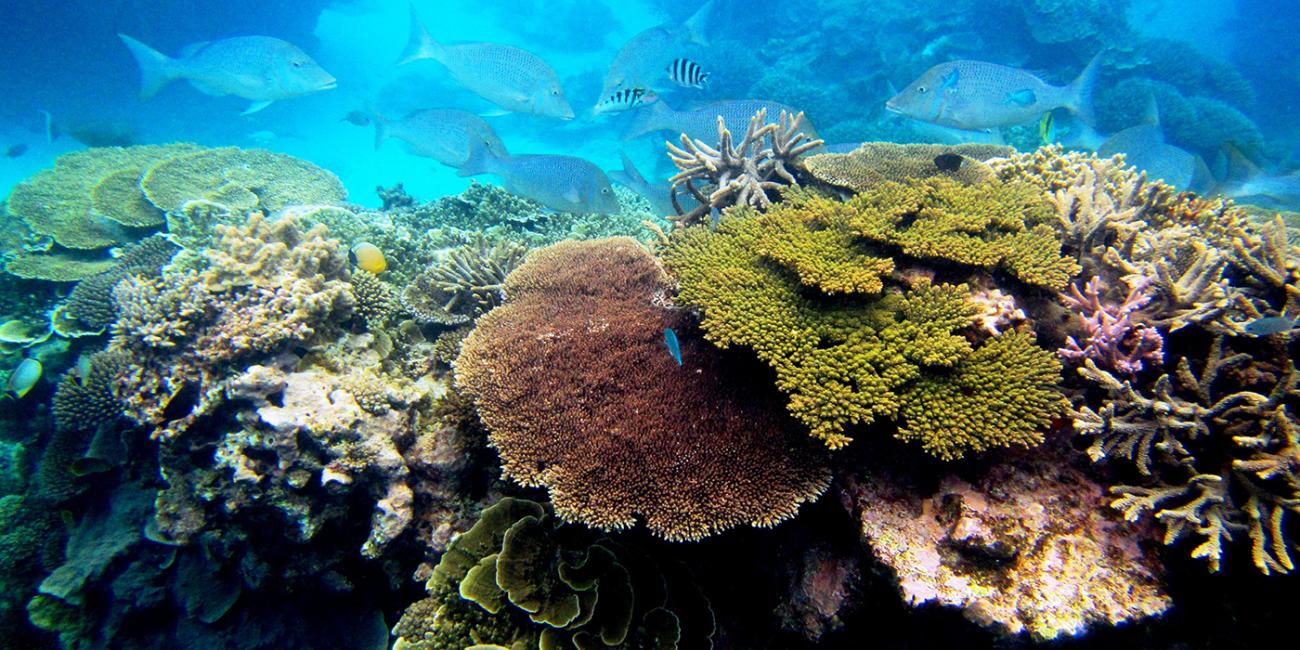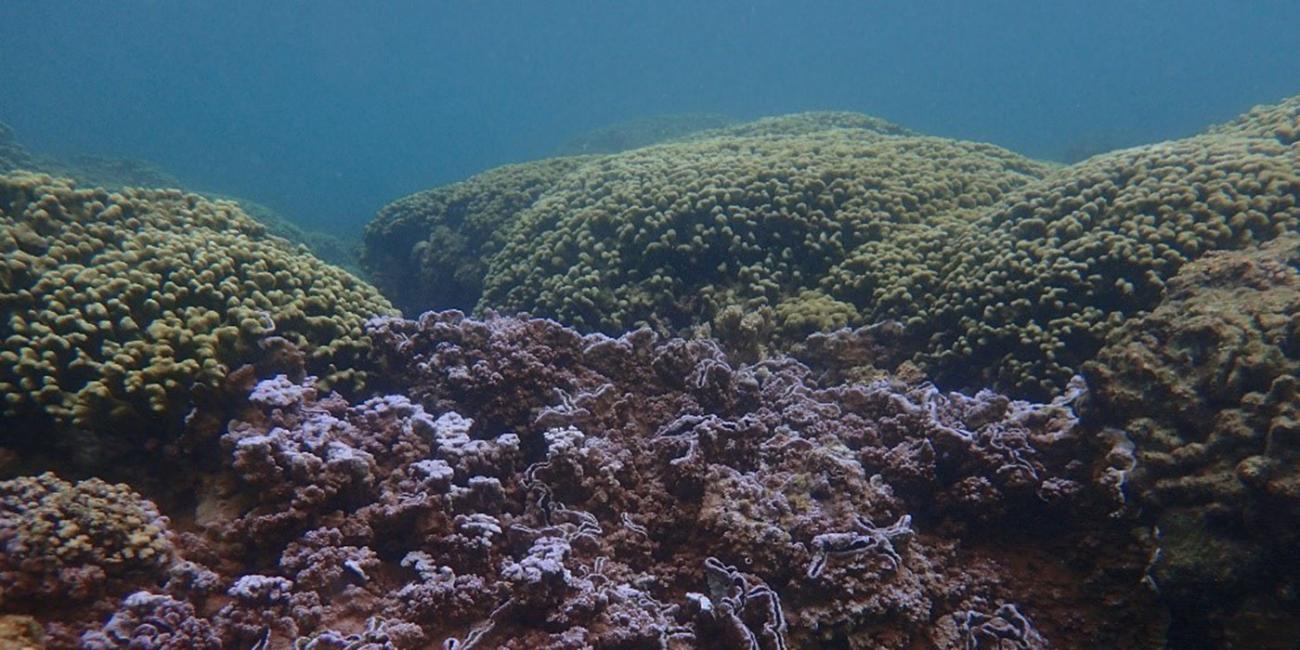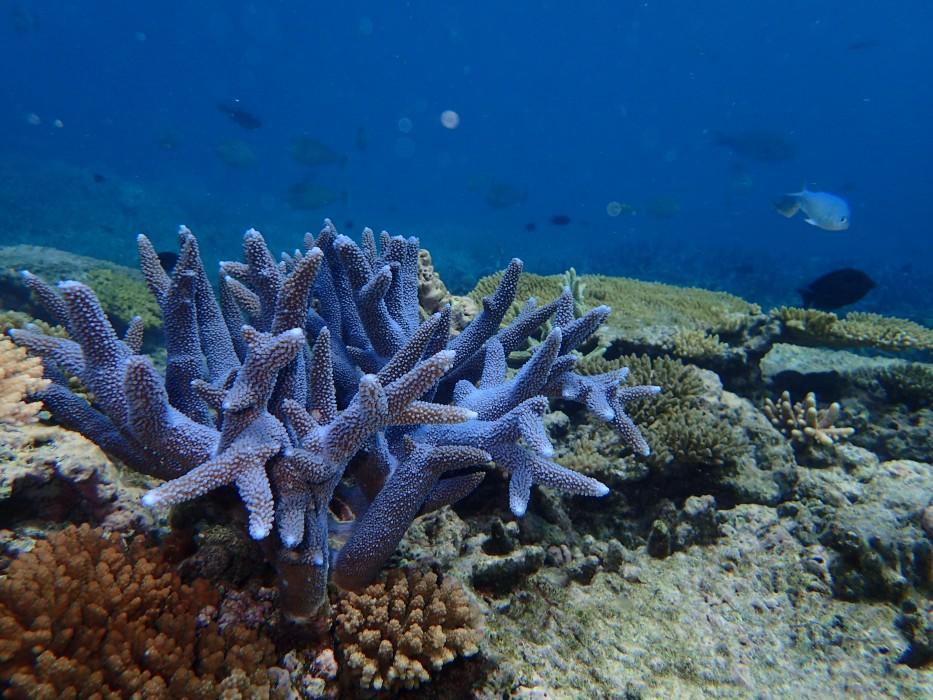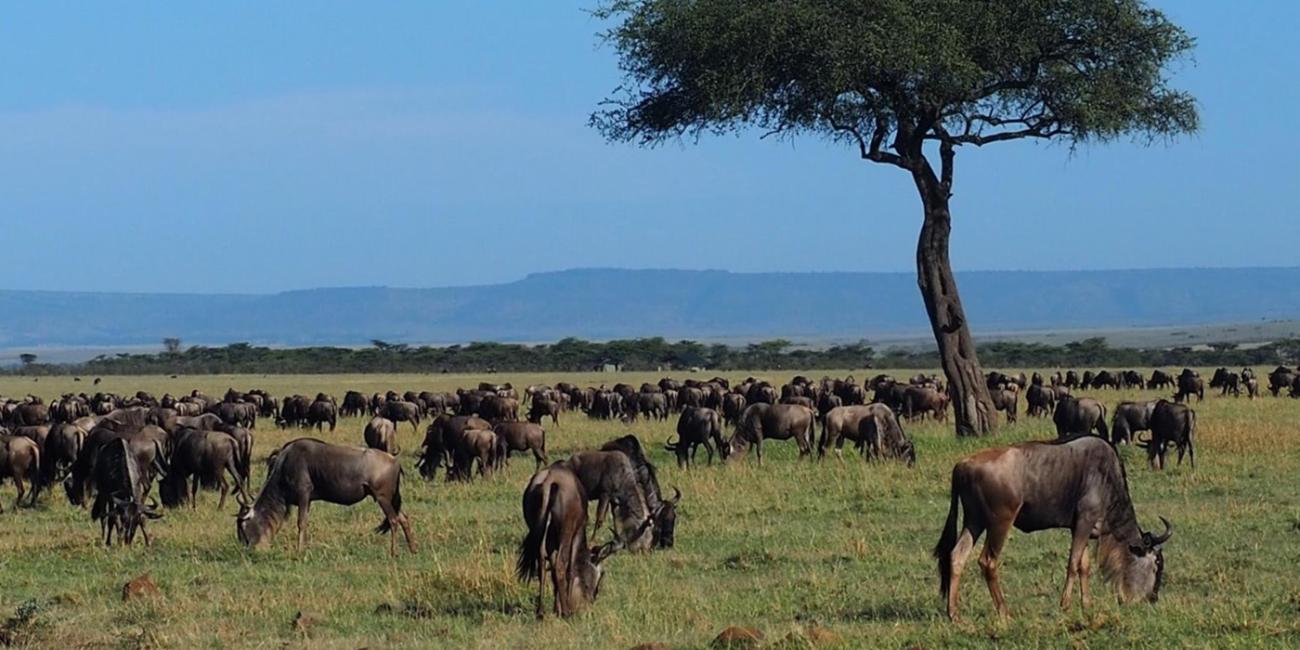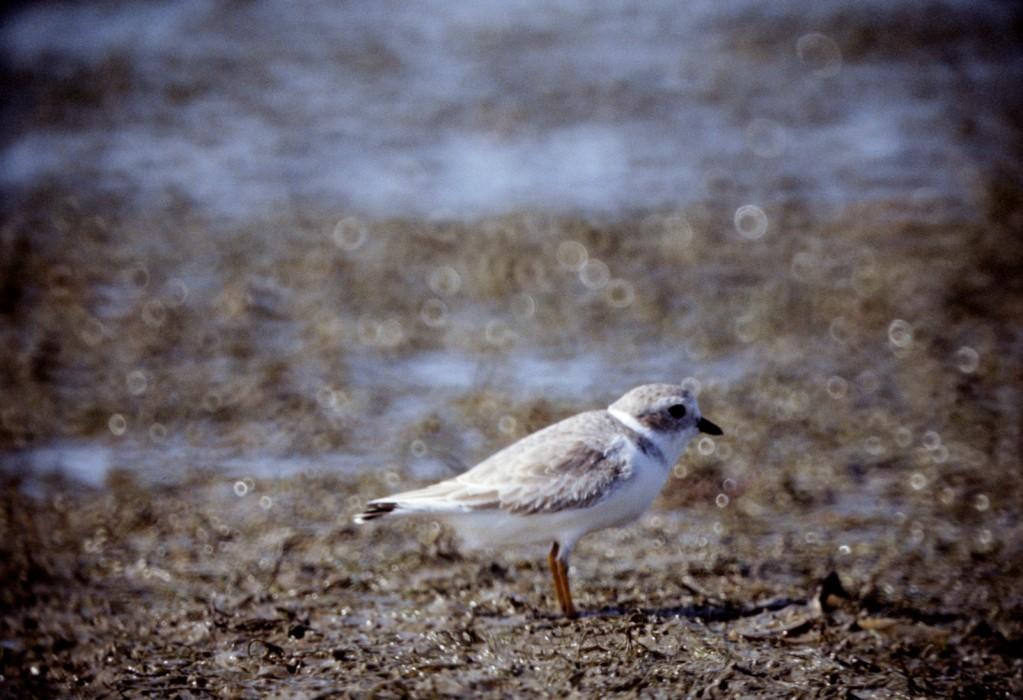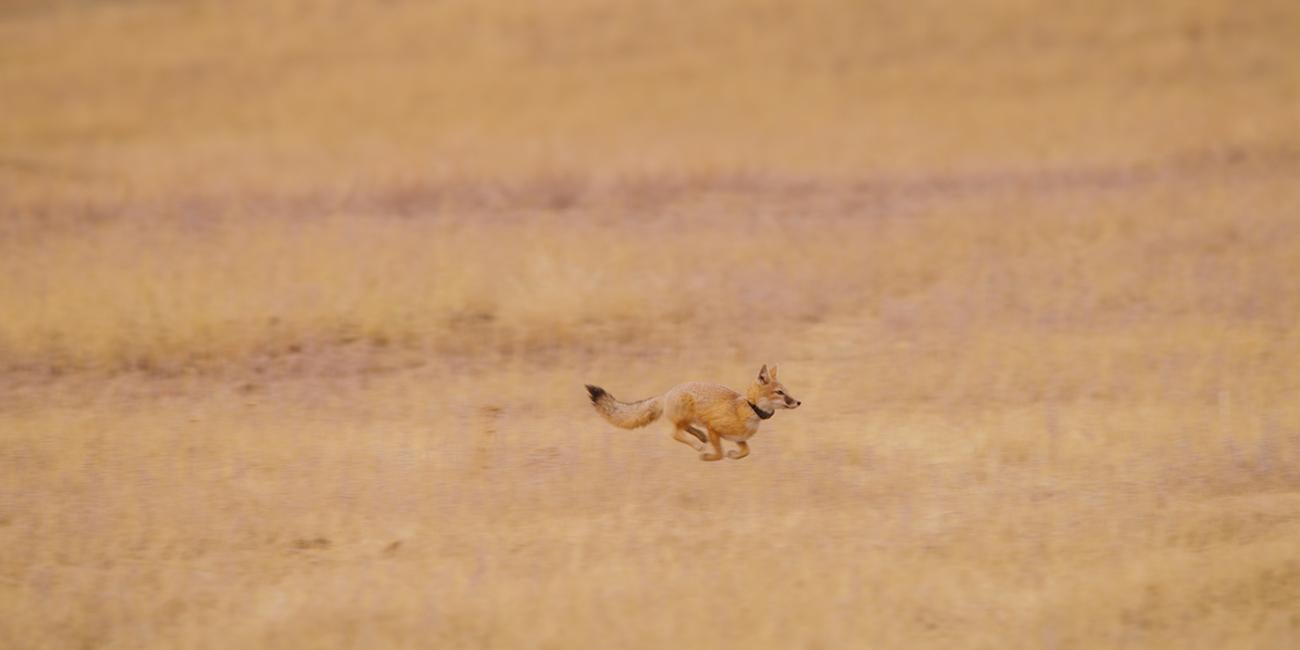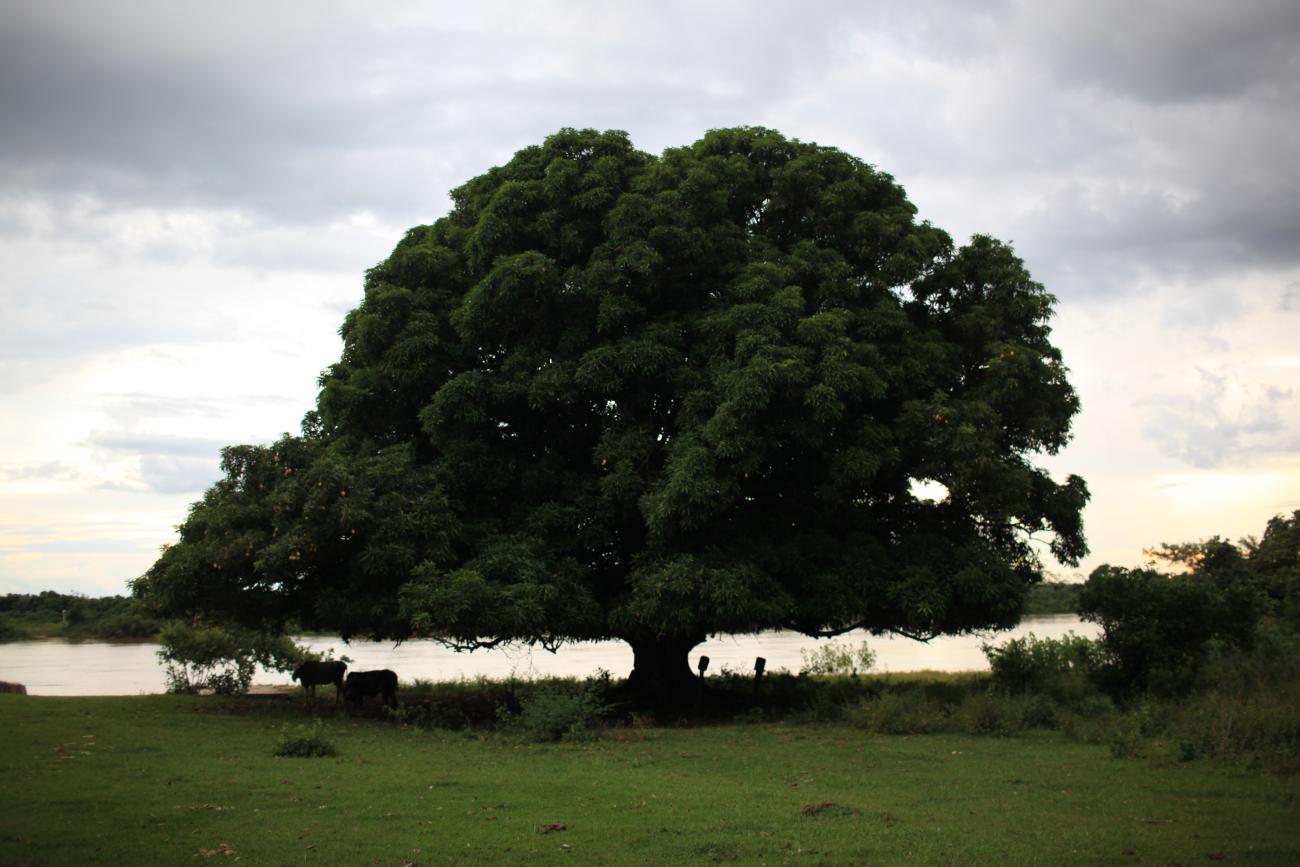Capacity Building and Training
Today’s conservation challenges are greater than ever before. Thousands of species all over the world face extinction, and many fragile ecosystems are in danger. Every day, researchers learn more about how human and animal diseases can cause worldwide health and conservation issues.
The Global Health Program has created comprehensive training programs to protect Earth’s ecosystems and species, and to promote global health awareness. Through fellowships, internships and training courses, GHP offers opportunities to train in situ and ex situ with world leaders in wildlife health and conservation.

